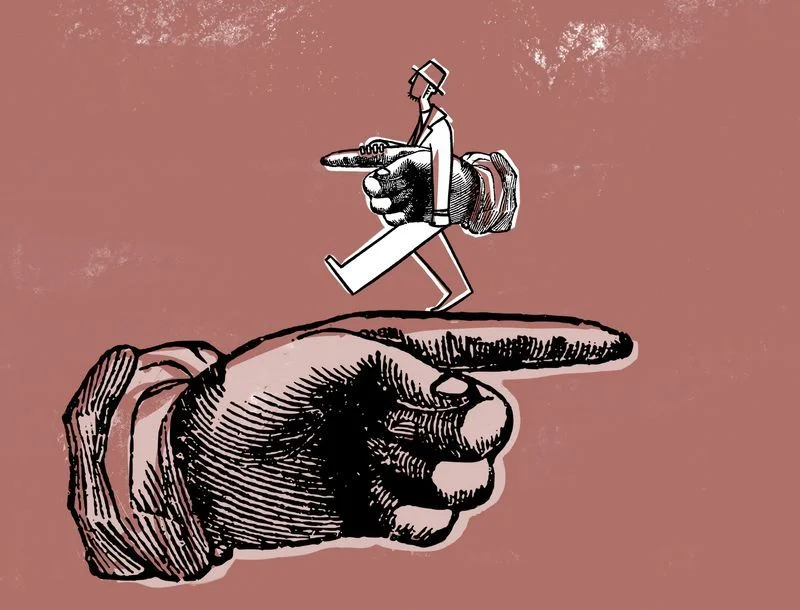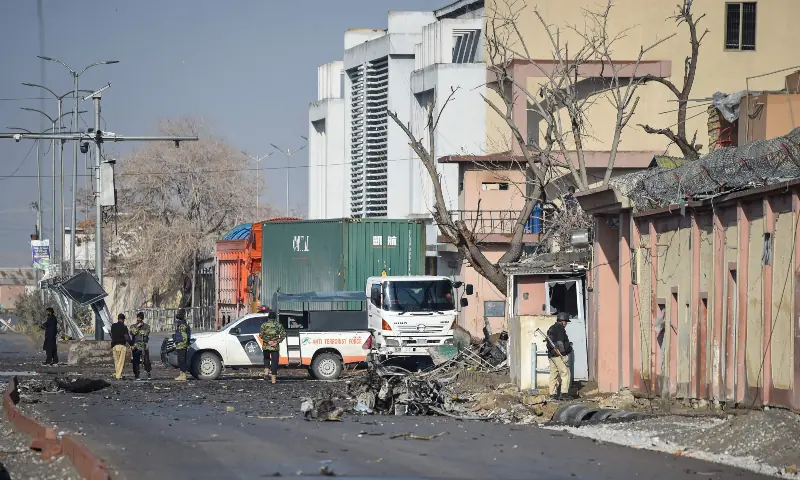British Prime Minister Keir Starmer has told European leaders that they all need to step up to a “once-in-a-generation moment” for the security of the continent, at a summit in London aimed at strengthening military cooperation and reaffirming support for Ukraine in its war against Russia.
At a summit in London on Sunday, just two days after Volodymyr Zelenskyy clashed with US President Donald Trump and cut short a visit to Washington, world leaders offered a strong show of support to the Ukrainian leader and promised to do more to help his nation.
European leaders agreed they must spend more on defence to show Trump the continent can protect itself, and with many nations struggling with already stretched public finances, European Commission President Ursula von der Leyen suggested the bloc could ease its rules around debt.
Starmer said the United Kingdom, Ukraine, France and some other nations would form a “coalition of the willing” and draw up a peace plan to take to Trump. He did not mention which other nations, but said more countries were willing to join.
“We are at a crossroads in history today,” Starmer said. “This is not a moment for more talk. It’s time to act. Time to step up and lead and to unite around a new plan for a just and enduring peace.”
Starmer, who also announced a deal allowing Ukraine to use 1.6 billion pounds ($2bn) of UK export finance to buy more than 5,000 air defence missiles, said “Europe must do the heavy lifting” in securing peace in Ukraine.
“But to support peace in our continent, and to succeed, this effort must have strong US backing,” he said.
The three essentials Starmer listed for a successful peace deal were: arming the Ukrainians to put them in a position of strength; including a European element to guarantee security; and providing a “US backstop”, to prevent Russian President Vladimir Putin from breaking his promises.
Starmer’s call for European allies to increase their arms spending to shore up their own defences and Ukraine’s was not a sign that he thought the US had become an unreliable ally, he said. No two countries are more closely aligned than the UK and the US, Starmer said.
Representatives from Germany, Denmark, Italy, Turkiye, NATO and the European Union attended Sunday’s summit.
The European Commission head, von der Leyen, said on Sunday evening that Europe urgently needs to rearm and member states must be given the fiscal space to carry out a surge in defence spending.
Von der Leyen added that Europe also needed to show the US that it was ready to defend democracy.
“After a long time of underinvestment, it is now of utmost importance to step up the defence investment for a prolonged period of time,” she told reporters after the meeting in London.
Also See: Zelenskyy’s Tense White House Meeting with Trump Amidst Ukraine Crisis
Speaking after the summit, Zelenskyy expressed confidence that his relationship with Trump would continue despite their public spat.
“As regards salvaging the relationship, I think our relationship will continue,” Zelenskyy told a group of reporters in London via a translator.
Zelenskyy said he was open to “constructive dialogue” with the Trump administration and was still ready to sign a mineral deal that was expected to be agreed to in Washington on Friday.
The Ukrainian leader earlier expressed his satisfaction with the outcome of the summit, saying it showed “European unity at an extremely high level not seen for a long time”.
Reporting from London, Al Jazeera’s James Bays said that while diplomats are trying to salvage US support for Ukraine, they are also discussing a plan B.
“There are a number of different proposals floating around. The Italians want there to be a summit of the EU and the US to take place, and Prime Minister Giorgia Meloni’s proposal is backed by Poland’s Prime Minister Donald Tusk,” Bays said.
“Turkiye’s Foreign Minister Hakan Fidan … is proposing that Turkiye lead peace talks that would take place between Russia and Ukraine under Turkish auspices,” he continued.
Peter Zalmayev, executive director of the Eurasia Democracy Initiative, told Al Jazeera that now is the time for more countries to join the UK and France in pledging more security guarantees.
“I certainly hope they will because if Europe did not wake up this time, it will never wake up,” he said, speaking from Kyiv.
The meeting in the UK comes before a summit in Brussels, scheduled to take place on Thursday, where the European Commission will announce a defence package for Europe, including Ukraine.
The package aims to bolster Ukraine’s defences and reinforce regional security, emphasising the need for a strong, lasting deal to safeguard Kyiv’s sovereignty. Ukraine’s European allies are seeking to address growing concerns over Trump’s approach to negotiations with Russia, which many fear could undermine Kyiv’s position.
Zelenskyy arrived in London on Saturday and was greeted by Starmer. The two leaders shared an embrace and announced a $2.84bn loan agreement to bolster Ukraine’s defence capabilities, funded by profits from frozen Russian assets.
Zelenskyy’s visit to London followed a tense encounter at the White House, where Trump and Vice President JD Vance criticised him for rejecting proposed truce terms and accused him of ingratitude. Trump also warned that Zelenskyy’s stance risked escalating the conflict into a global war.
Despite the heated exchange, Zelenskyy emphasised that Ukraine remains open to dialogue with the US.
“Despite the tough discussions, we remain strategic partners,” he wrote on X after his meeting. “But honesty and directness are essential to understanding our shared goals.”
This news is sourced from Al Jazeera and is intended for informational purposes only.

![European leaders meet in London to strengthen military support for Ukraine as Starmer urges increased defence spending. [Image via Reuters]](https://southasiatimes.org/wp-content/uploads/2025/03/2025-03-02T145746Z_1605096836_RC225DAG2EFK_RTRMADP_3_UKRAINE-CRISIS-BRITAIN-EUROPE-1740927639.webp)




